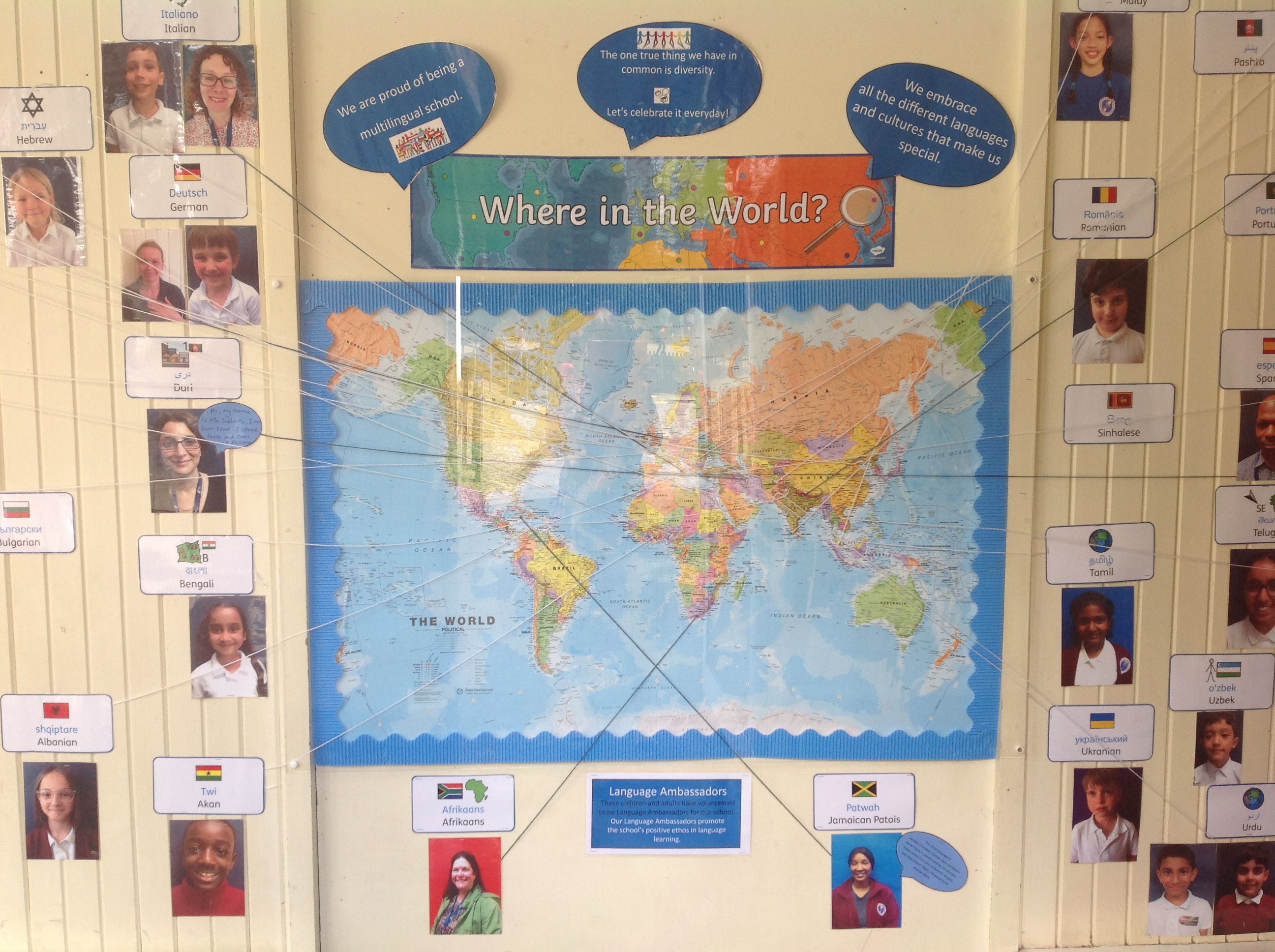Bilingual and Mulitlingual Learners

At Pilgrims’ Way, we celebrate and value the diverse range of cultures, languages and religions represented by our pupils, their families and the community in which we live. This diversity is an asset of the school and enables our pupils to share and develop their identities and an awareness, knowledge and understanding of the wider world in which we live. We have over 40 languages spoken at home by our pupils and staff. Some pupils are multilingual, many pupils are fluent bilinguals, whilst others come to us with no English at all.
Our staff are experienced at supporting children with all levels of English, ensuring that they feel welcome, included, safe, happy and valued.
Why we promote Bilingualism
Bilingualism is an asset which gives pupils many advantages in life. As a school we value linguistic and cultural diversity. We actively encourage pupils to use and develop their home language as research shows this will help with acquiring a new language. Having a strong home language, no matter what language it is, provides a solid foundation for children’s learning, thinking and vocabulary development. Just like a house, the foundations become solid and ready to support more (languages) being built on top. When children don’t have that solid foundation, gaps can form when it comes to learning to think, read and write. When parents speak with children in the home language(s), the child’s vocabulary “bank” grows. Having a large vocabulary is a good indication that a child will be successful in literacy and have a good foundation for their overall academic success. There is no evidence that bilingualism slows down language development. Home language skills are also necessary for a sense of identity and community.
How we promote Bilingualism and support pupils with English as an Additional Language
At Pilgrims’ Way we work with a network of outside professionals to support the development of innovative practice into teaching in a Bilingual and Multilingual school. Underpinning our practice is the ideal that pupils develop English through immersion in class. As with all children, pupils who are learning English as an Additional Language (EAL) are not the same, so we offer a pathway of flexible support for new arrivals to develop English language for communication and to access learning. We place a strong emphasis on learning basic literacy skills such as learning letter formation and letters and sounds (phonics), as well as learning all the components of reading and writing.
We encourage pupils to use their home language and English flexibly in school. Pupils need to have a good understanding of what they are learning to succeed. Research shows that it does not matter which language they are using in their head, as long as they understand. Using home language in school will not affect acquisition of English and enables many pupils to access learning in line with their cognitive ability that learning in just English would prevent.
Key support strategies to enable pupils to access the full curriculum and develop independence
-
High - quality teaching
-
Using greater use of visuals/ gestures/ signing/ to support all verbal information
-
Using voice to emphasise important words and information
-
Providing oral and written models and scaffolds
-
Targeted phonics support
-
Language rich classrooms
-
Providing pre teaching vocabulary and context to learning
-
Use of technology e.g. iPads and Widgit software, with translation tools including Immersive Reader
-
Dual language texts
-
Pupils are given increased opportunities to work with others either through pairing with same language or good English Language role models.
What our community says about being a Bilingual school
Pupil and parent voice indicates that our school has a strong sense of community and belonging. It values our cultural differences. Promoting home languages has had a positive impact on our school community with pupils keen to learn words in another pupil's home language. New pupils settle quickly, feel safe, have high wellbeing, motivation and feel confident to learn.
Celebrating first language writing
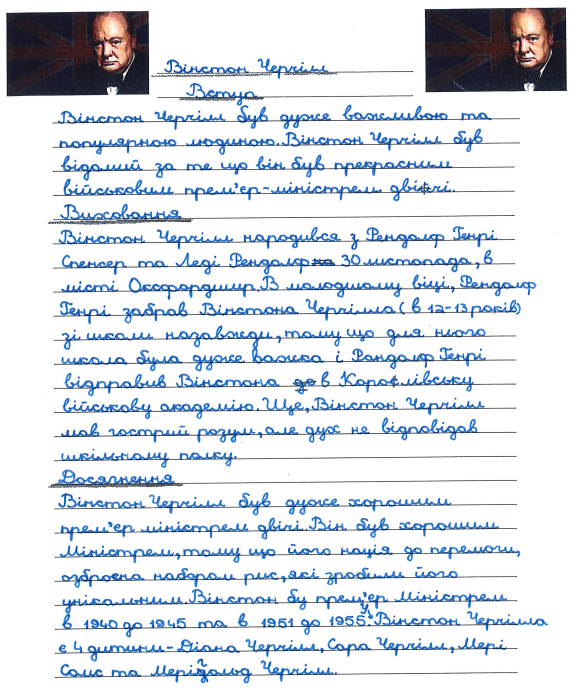

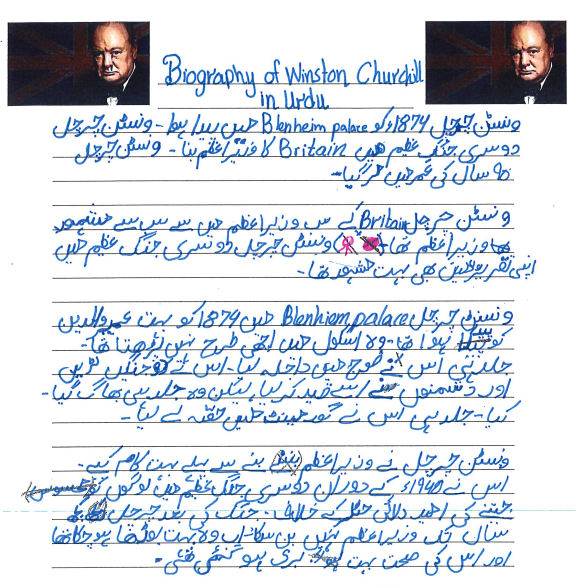
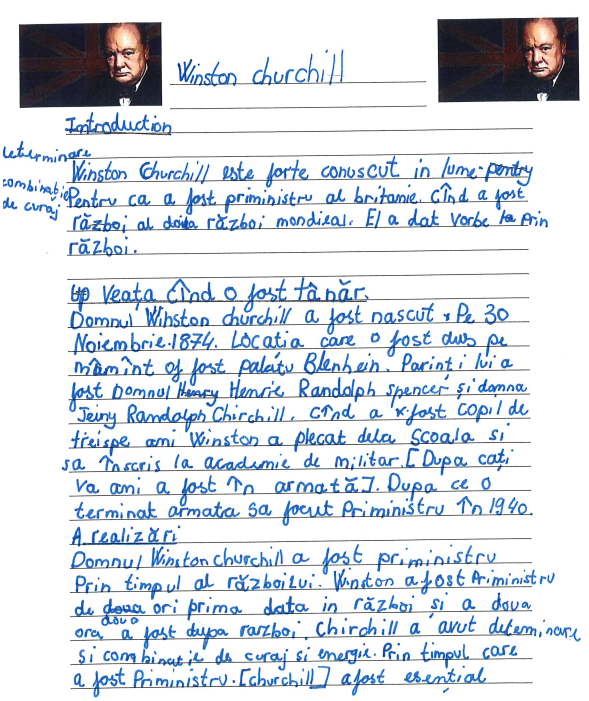
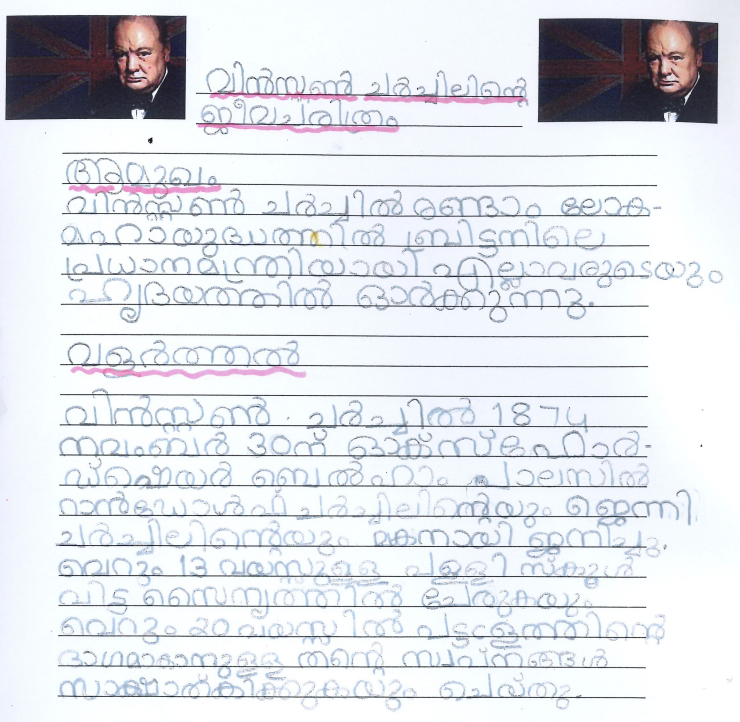
We are proud to share some wonderful examples of writing in home languages from pupils in Iguana class. These opportunities provide pupils with an opportunity to express themselves freely in their home language. Pupils then find it easier to learn vocabulary in English and are able to transfer knowledge acquired in home language to English.
Announcing our 'Bilingual & Multilingual SMART School' status

We are delighted to inform you that in addition to gaining 'BML SMART Nursery' status, our dedicated teaching and support staff have completed studies enabling the school to become the first 'Bilingual & Multilingual SMART School' in the country! We are excited and proud of our team’s dedication to promoting and supporting bilingual and multilingual (BML) families.
As a Bilingual & Multilingual SMART School we have shown a commitment to whole-school training to enhance our expertise with bilingual and multilingual learners. Teachers have learnt about the related research, best practises and approaches to support BMLs across the school. This has not only encouraged our BMLs to keep up their home languages, but given all children increased opportunities to develop language, which will enable them to acquire a high standard of English.
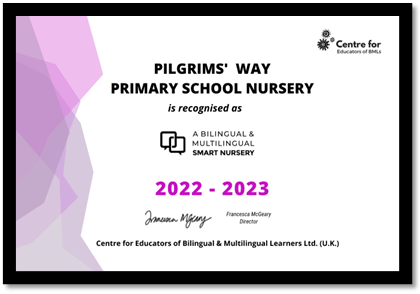
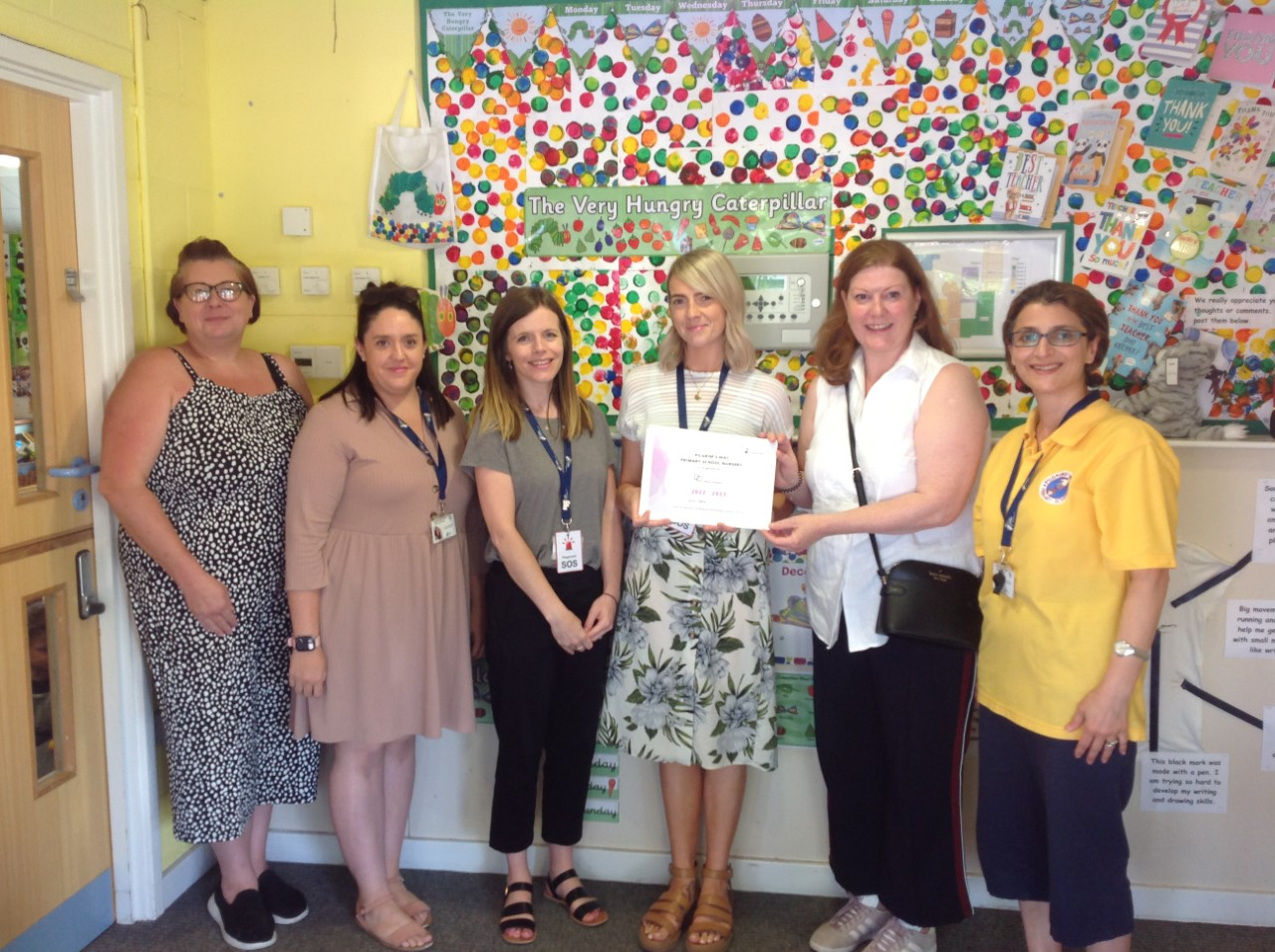
This video is 1 minute long and explains what a BML SMART Nursery is and why it's so valuable.
If anyone is interested in finding out more about BML approaches, would like to take the parent course ‘Helping Your Bilingual or Multilingual Child Thrive at Home & School’ or would like to become a ‘Parent Ambassador for BML’, please contact Mrs Watts via the office or email her directly Olivia.Watts@pilgrims-way.kent.sch.uk
Useful links
Helping your child learn - Guidance for parents of students who use English as an Additional Language (EAL)
https://www.bell-foundation.org.uk/app/uploads/2020/09/Guidance-for-Parents-FV-English.pdf
https://www.bell-foundation.org.uk/app/uploads/2022/03/Guide-for-Parents-Primary-Schools_UA.pdf Ukranian
https://www.bell-foundation.org.uk/app/uploads/2021/10/Guidance_for_Parents_v4-Pashto_FINAL.pdf
British Council Parent advice about helping your child learn English
World Stories and Unite for Literacy have a growing collection of stories from around the world, some of which can be translated
https://www.uniteforliteracy.com/
Advice on Bilingualism
https://www.kentcht.nhs.uk/childrens-therapies-the-pod/speech-and-language-therapy/bilingualism/
https://www.bbc.co.uk/tiny-happy-people/bilingual
A guide to Translanguaging

